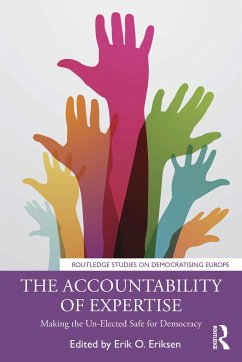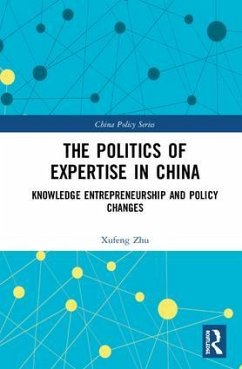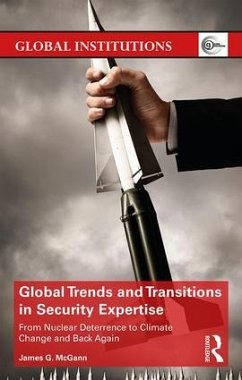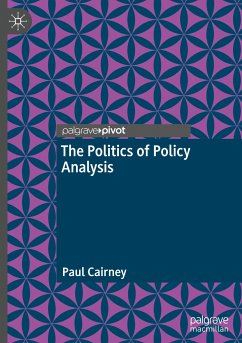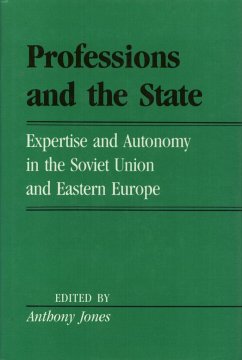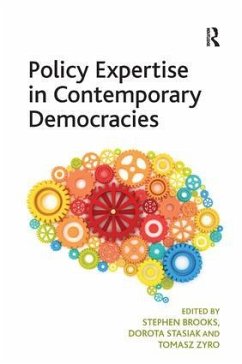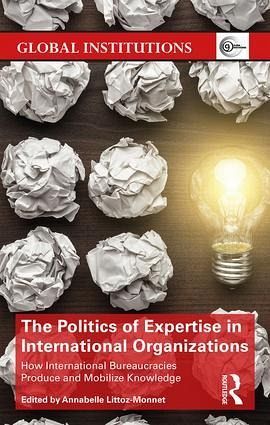
The Politics of Expertise in International Organizations
How International Bureaucracies Produce and Mobilize Knowledge
Herausgeber: Littoz-Monnet, Annabelle
Versandkostenfrei!
Versandfertig in 1-2 Wochen
185,99 €
inkl. MwSt.
Weitere Ausgaben:

PAYBACK Punkte
93 °P sammeln!
Evidence-based policy-making has imposed itself as the best way to evaluate the risks and consequences of political action in global arenas. In the absence of alternative, democratic modes of legitimation, international organizations have adopted this approach to policy-making. Scholars of public policy, public administration and EU politics have pointed to the manifold ways in which expert knowledge can be mobilized in policy-making processes. This book makes a crucial contribution to our understanding of the way global policy agendas are shaped and propagated. It will be of great interest to...
Evidence-based policy-making has imposed itself as the best way to evaluate the risks and consequences of political action in global arenas. In the absence of alternative, democratic modes of legitimation, international organizations have adopted this approach to policy-making. Scholars of public policy, public administration and EU politics have pointed to the manifold ways in which expert knowledge can be mobilized in policy-making processes. This book makes a crucial contribution to our understanding of the way global policy agendas are shaped and propagated. It will be of great interest to scholars, policy-makers and practitioners in the fields of public policy, IR and global governance.




